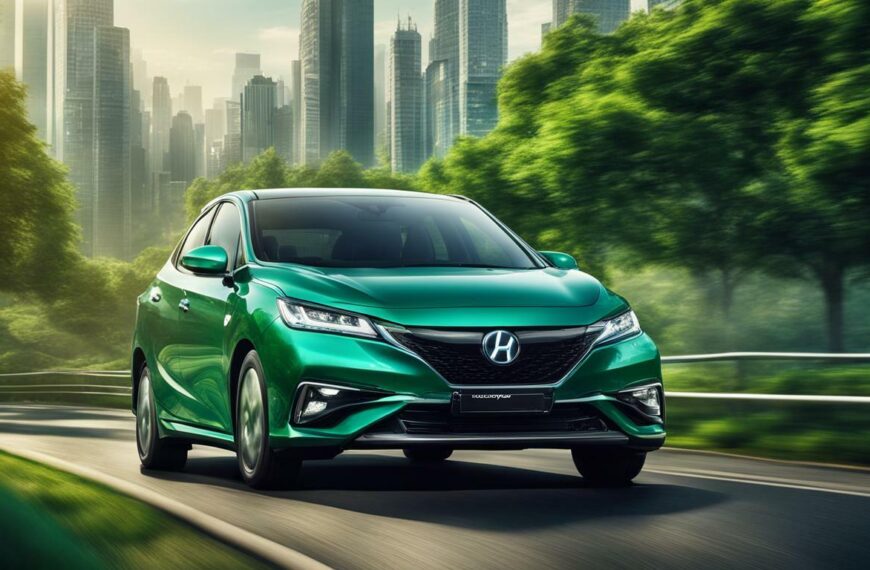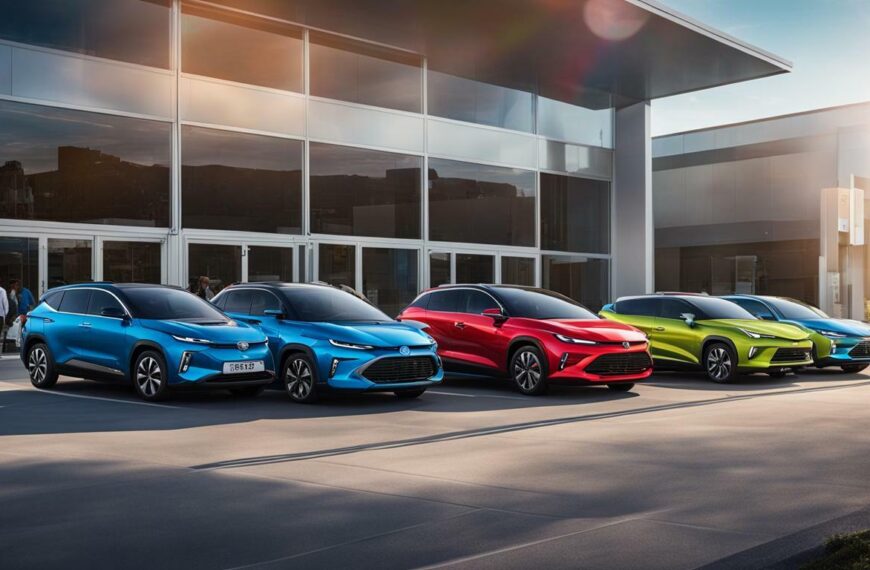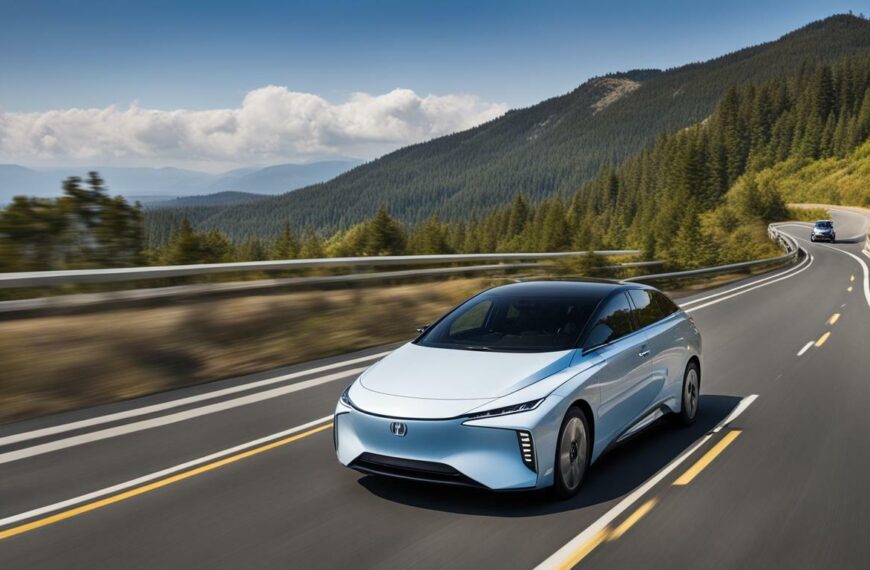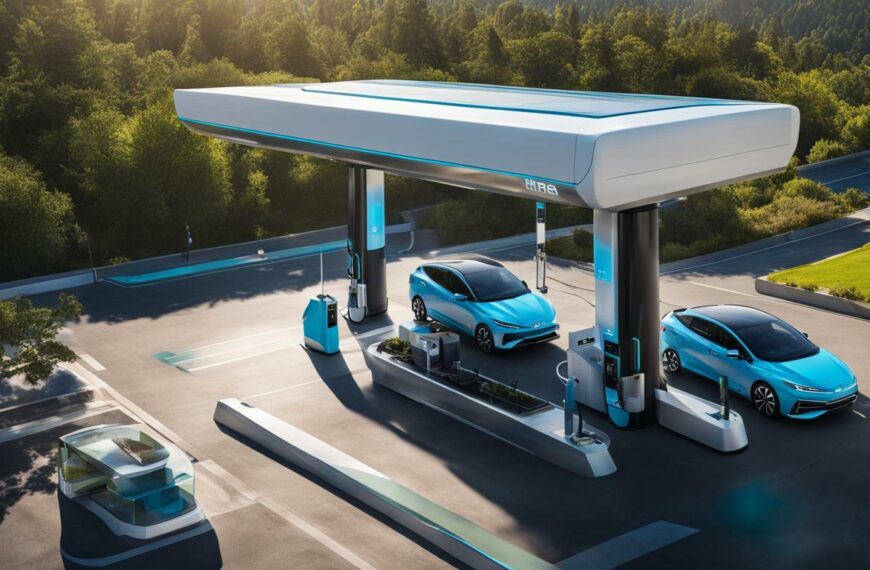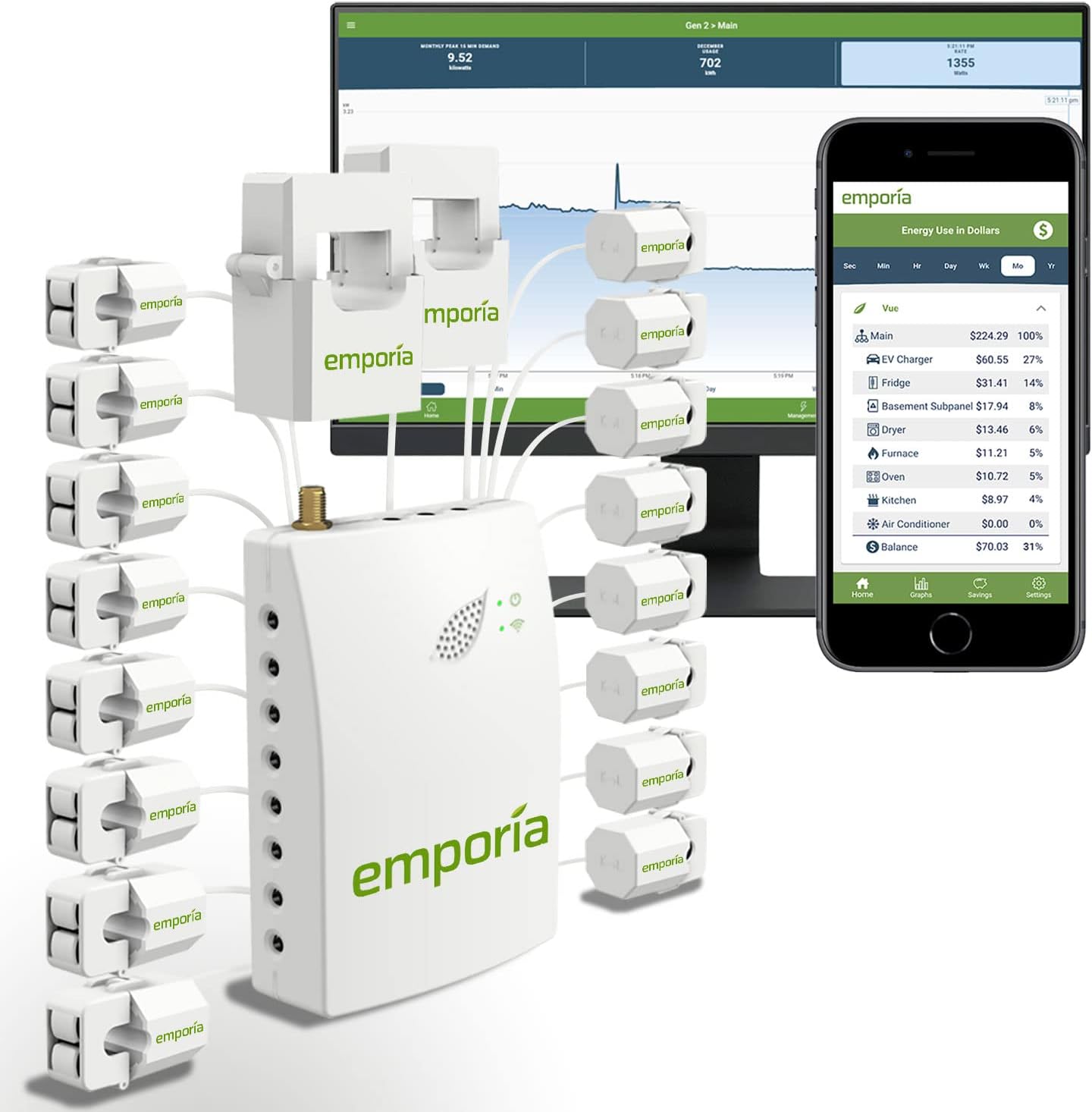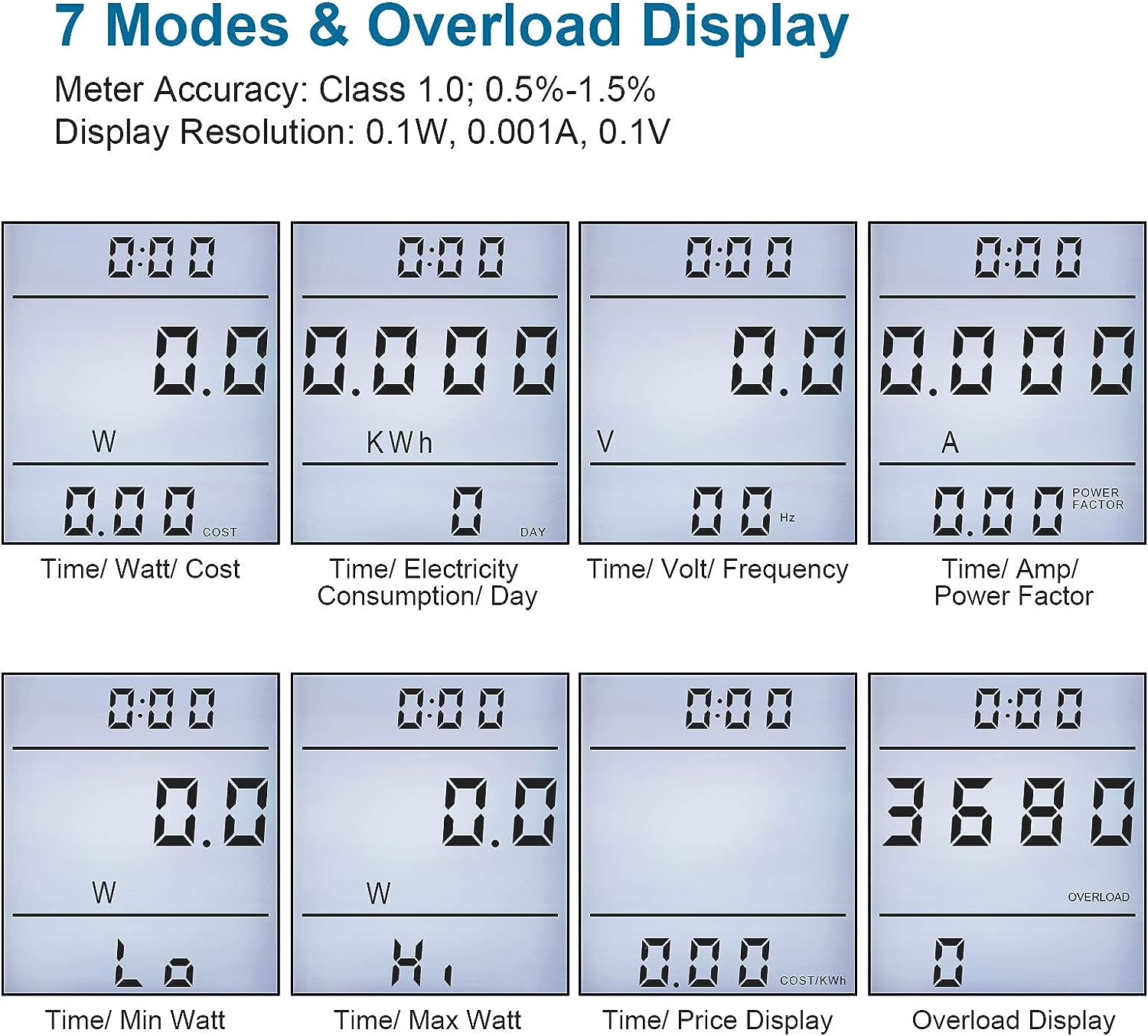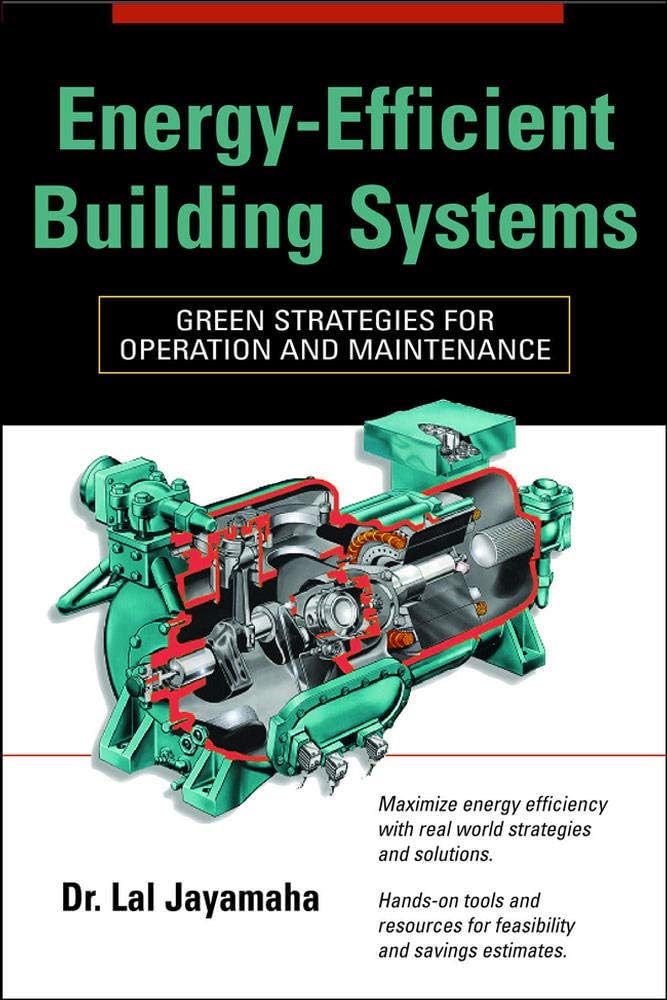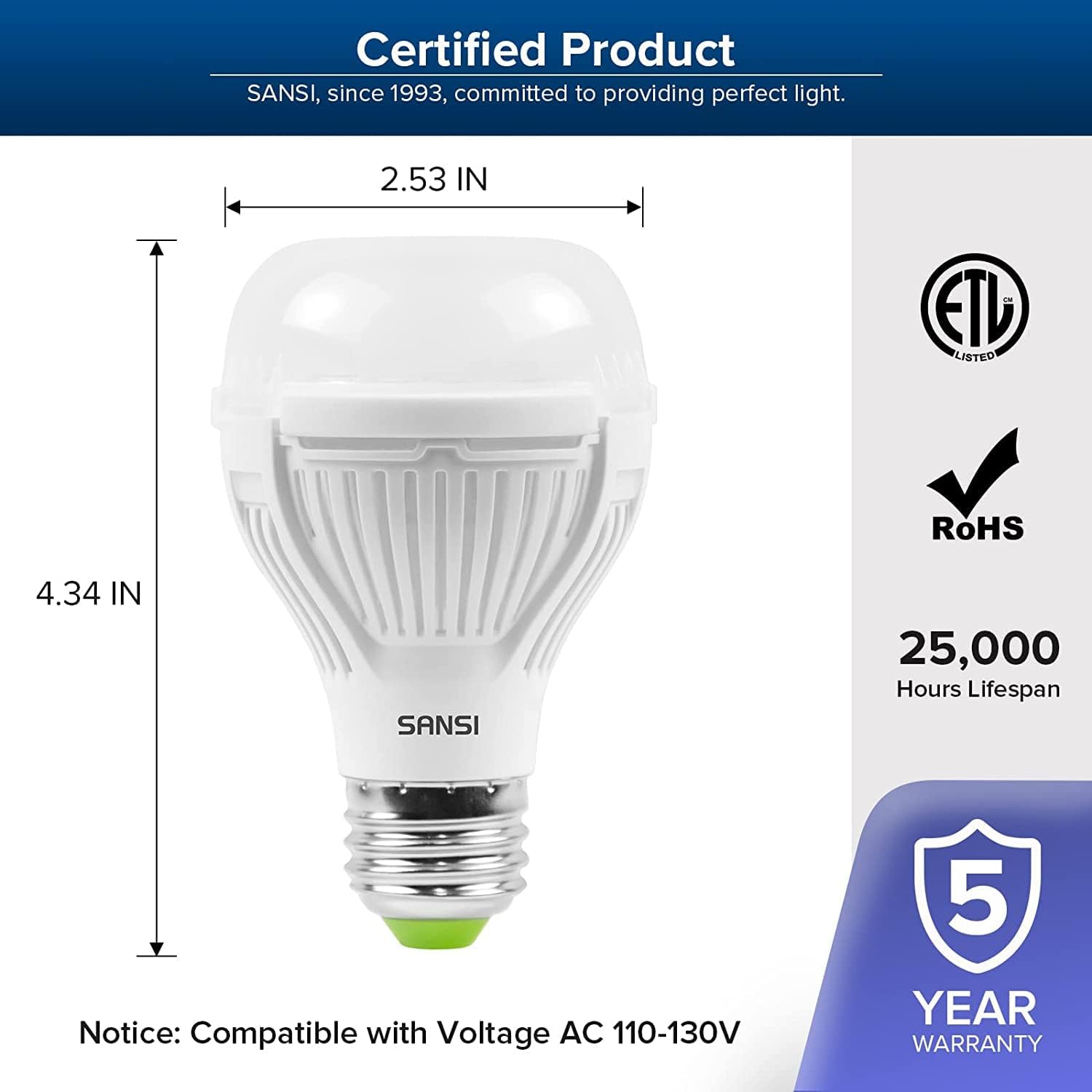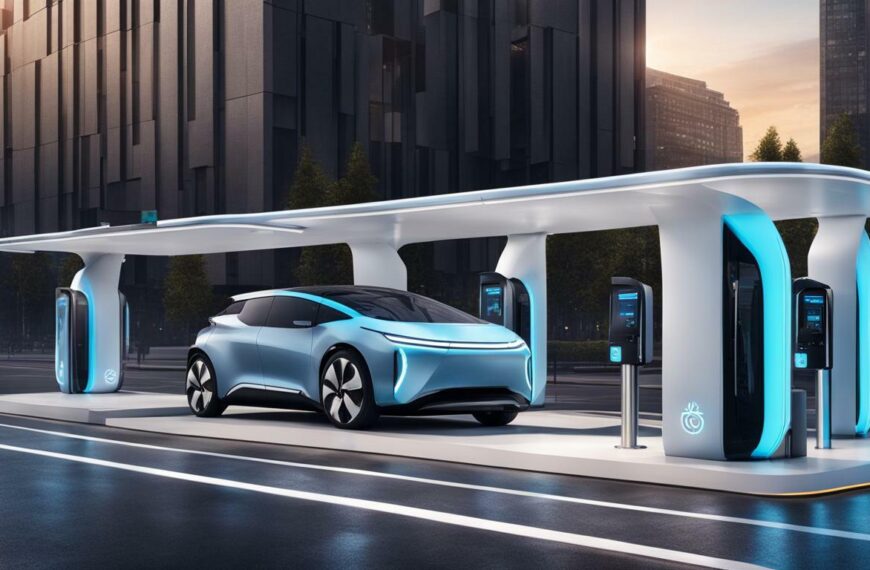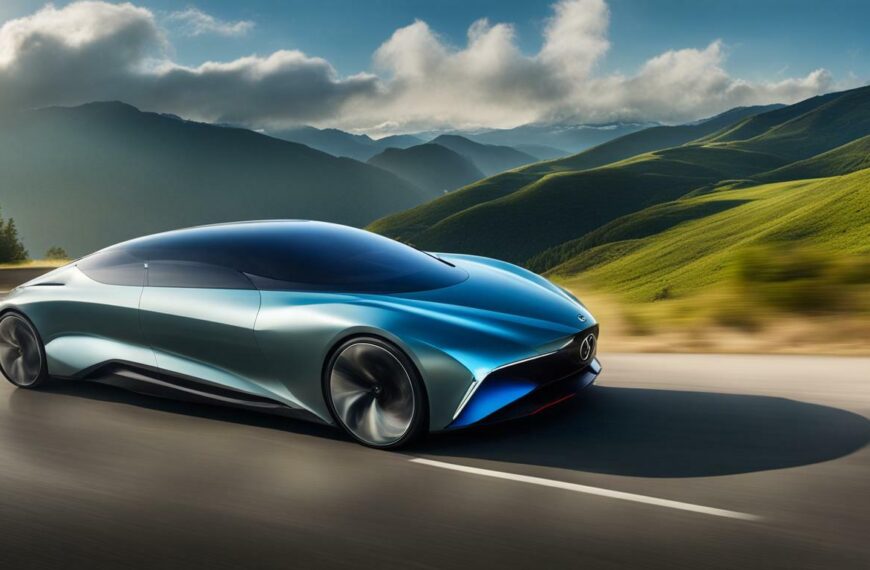When it comes to the safety of energy storage technologies, hydrogen fuel safety vs batteries have distinct characteristics. While both hydrogen fuel cells and lithium-ion batteries are being explored as solutions for reducing greenhouse gas emissions in the transport industry, they each offer unique benefits and considerations.
Hydrogen fuel cells produce electricity and hot water through electrochemical reactions, without any carbon emissions. They are lightweight, produce minimal noise and vibrations, and have high efficiency. On the other hand, batteries store and use electricity from the power grid, eliminating exhaust gas emissions. However, batteries are associated with a fire risk.
Safety assessments have been conducted for both hydrogen-powered ships and marine battery power plants, highlighting the challenges and risks associated with each technology. Hydrogen gas leakage can lead to explosions under certain concentrations, but batteries pose a fire risk.
Despite the potential of hydrogen fuel cells, the production, storage, and transportation of hydrogen are currently expensive, energy-intensive, and pose safety concerns. Conversely, lithium-ion batteries are more affordable, easier to handle, and safer. While hydrogen fuel cells offer the potential for increased range and faster charging times, lithium-ion technology is currently the best solution for practical and high-performance electric vehicles.
Key Takeaways:
- Hydrogen fuel cells produce electricity and hot water without emitting carbon emissions.
- Batteries store and use electricity from the power grid, eliminating exhaust gas emissions.
- Hydrogen fuel cells are lightweight, produce minimal noise and vibrations, and have high efficiency.
- Batteries are associated with a fire risk.
- The production, storage, and transportation of hydrogen are currently expensive, energy-intensive, and pose safety concerns.
Understanding Hydrogen Fuel Cells
Hydrogen fuel cells generate electricity through electrochemical reactions, emitting only hot water and leaving behind no carbon emissions. These cells are designed to provide a clean and efficient alternative to traditional combustion engines. By harnessing the power of hydrogen, fuel cells offer various advantages in terms of environmental impact and energy efficiency.
When hydrogen fuel is supplied to the anode side of the fuel cell, it is split into protons and electrons through a process called electrolysis. The protons pass through a polymer electrolyte membrane, while the electrons are forced to travel through an external circuit, creating an electric current. On the cathode side, oxygen from the air combines with the protons and electrons, resulting in the production of hot water as a byproduct.
This electrochemical reaction allows hydrogen fuel cells to convert chemical energy directly into electrical energy, with a high efficiency rate. Unlike batteries, which store and use electricity from the power grid, fuel cells offer a continuous source of power as long as a supply of hydrogen fuel is available. This makes them particularly suitable for applications requiring long-range capabilities, such as vehicles and stationary power systems.
Environmental Impact
In terms of environmental impact, hydrogen fuel cells have a significant advantage over traditional combustion engines. Since the only byproduct of the electrochemical reaction is hot water, fuel cell vehicles produce zero carbon emissions, helping to reduce greenhouse gas emissions and combat climate change.
Furthermore, hydrogen can be produced from a variety of renewable energy sources, such as wind, solar, and hydroelectric power. This means that the production of hydrogen fuel can be decoupled from fossil fuels, making it a sustainable and environmentally friendly option for powering vehicles and other applications.

Energy Efficiency
Hydrogen fuel cells are known for their high energy efficiency. According to the U.S. Department of Energy, fuel cells can convert up to 60% of the energy contained in hydrogen fuel into usable electricity, compared to the 20-30% efficiency of internal combustion engines.
This high efficiency is achieved because fuel cells directly convert chemical energy into electrical energy, bypassing the need for mechanical components and the associated energy losses. Additionally, fuel cells operate silently and produce minimal vibrations, leading to a smoother and more comfortable driving experience.
Overall, hydrogen fuel cells offer a promising solution for reducing greenhouse gas emissions and achieving greater energy efficiency in various industries. However, it is important to address the current challenges related to the production, storage, and transportation of hydrogen fuel. By overcoming these hurdles, we can unlock the full potential of hydrogen as a clean and sustainable energy source.
Exploring Battery Technology
Batteries store and utilize electricity from the power grid, eliminating the need for exhaust gas emissions but posing certain safety risks, including the potential for fires. It is crucial to understand the operation and safety concerns associated with battery technology.
Lithium-ion batteries, the most commonly used type, work by storing electrical energy in a chemical form, which can be released as required. They consist of positive and negative electrodes, electrolytes, and a separator. During charging, lithium ions move from the positive electrode to the negative electrode through the electrolyte, and this process is reversed during discharge, generating an electric current.
While batteries offer numerous advantages in terms of affordability, ease of handling, and safety in comparison to hydrogen fuel cells, they do have some inherent risks. One of the main safety concerns with batteries is their potential for thermal runaway, a process where a small defect or damage can escalate into a fire or explosion. The flammable electrolyte and the high energy density of lithium-ion batteries can contribute to the risk of fires. However, various safety mechanisms, such as battery management systems and thermal protection, are in place to mitigate these risks.

| Advantages of Battery Technology | Disadvantages of Battery Technology |
|---|---|
|
|
While batteries have certain disadvantages, they continue to be a practical and viable solution for various applications, including electric vehicles. The ongoing advancements in battery technology are focused on improving their energy density, charging times, and overall performance. As a result, lithium-ion batteries are currently the preferred choice for practical and high-performance electric vehicles due to their maturity, reliability, and safety characteristics.
Safety Assessments: Hydrogen vs Batteries
Rigorous safety assessments have been carried out to evaluate the potential risks and challenges of both hydrogen fuel cells and battery systems in various applications. These assessments aim to ensure the safety and reliability of these technologies, particularly in the transportation sector where they are being explored as alternatives to reduce greenhouse gas emissions.
When it comes to hydrogen fuel cells, one of the key safety concerns is the potential for hydrogen gas leakage, which can lead to explosions under certain concentrations. To address this issue, safety measures such as hydrogen sensors and containment systems have been developed to detect and prevent leaks. Additionally, safety protocols and guidelines have been established to ensure the safe handling, storage, and transportation of hydrogen.
“Safety measures such as hydrogen sensors and containment systems have been developed to detect and prevent leaks.”
On the other hand, batteries pose their own safety risks, particularly related to fire hazards. Lithium-ion batteries, which are commonly used in electric vehicles and other applications, can experience thermal runaway, a phenomenon that can result in fires or explosions. Safety assessments have focused on mitigating these risks through the development of advanced battery management systems, thermal management systems, and fire suppression technologies.
Despite the safety challenges associated with both technologies, efforts are being made to improve their safety profiles. Ongoing research and development are aimed at enhancing the safety features of hydrogen fuel cells and batteries, addressing concerns and reducing risks.
Safety Assessments: Key Findings
Through safety assessments, several key findings have emerged regarding the risks and challenges of hydrogen fuel cells and battery systems. These findings include:
- Hydrogen fuel cells offer certain safety benefits over batteries, such as the absence of carbon emissions during operation and their high energy efficiency.
- Batteries, particularly lithium-ion batteries, are associated with fire risk due to the potential for thermal runaway.
- Safety measures have been developed for both hydrogen fuel cells and batteries to mitigate risks, including hydrogen sensors, containment systems, advanced battery management systems, thermal management systems, and fire suppression technologies.
- Ongoing research and development are focused on improving the safety features of both technologies to reduce risks and ensure their safe use in various applications.
Overall, safety assessments have played a crucial role in identifying and addressing the potential risks and challenges of hydrogen fuel cells and battery systems. These assessments have contributed to the continuous improvement of both technologies, making them safer and more reliable options for a sustainable future.

While hydrogen fuel cells offer safety benefits, the production, storage, and transportation of hydrogen are currently expensive, energy-intensive, and present certain safety considerations. Despite these challenges, hydrogen fuel cells are being explored as a potential solution for reducing greenhouse gas emissions in the transport industry.
Hydrogen fuel cells produce electricity and hot water through electrochemical reactions, without any carbon emissions. They are a promising alternative to traditional fossil fuel-powered engines, as they are lightweight, produce minimal noise and vibrations, and have high efficiency. This makes them suitable for various applications, including transportation, where their zero-emission profile can contribute to cleaner air and reduced environmental impact.
However, the current state of hydrogen technology faces significant obstacles. The production of hydrogen involves energy-intensive processes, such as steam methane reforming or electrolysis, which require large amounts of electricity or natural gas. Additionally, storing and transporting hydrogen safely can be challenging due to its low energy density and the need for specialized infrastructure. These factors contribute to the high cost of hydrogen and limit its widespread adoption.
On the other hand, lithium-ion batteries have gained significant attention as an alternative energy storage solution. They store and use electricity from the power grid, eliminating exhaust gas emissions. Lithium-ion batteries are more affordable, easier to handle, and safer compared to hydrogen fuel cells. Their use in electric vehicles has been growing rapidly, contributing to the development of practical and high-performance EVs with longer ranges and faster charging times.

In conclusion, while hydrogen fuel cells offer safety benefits, the production, storage, and transportation of hydrogen are currently expensive, energy-intensive, and pose certain safety considerations. On the other hand, lithium-ion batteries provide a more practical and affordable solution, with ongoing advancements in technology. Both hydrogen fuel cells and lithium-ion batteries play vital roles in the transition towards a cleaner and more sustainable future in the transport industry.
The Advantages of Battery Technology
Lithium-ion batteries, the most common type used today, offer affordability, ease of handling, and a high level of safety compared to hydrogen fuel cells. These batteries are widely available and have become the go-to option for various applications, including electric vehicles and portable electronic devices. Their affordability makes them a practical choice for consumers, while their ease of handling ensures user-friendly operation.
In addition to their cost-effectiveness and convenience, lithium-ion batteries boast a superior safety profile. Unlike hydrogen fuel cells, which require careful handling to prevent gas leakage and potential explosions, lithium-ion batteries pose a lower risk of accidents. With their built-in safety features, including thermal management systems and safeguards against overcharging and short circuits, these batteries offer peace of mind to users.
Lithium-ion batteries also excel in terms of energy density, which determines how much energy a battery can store per unit weight. Their high energy density enables them to pack more power into smaller and lighter battery packs, making them ideal for portable devices and electric vehicles. This results in improved performance and longer battery life, allowing users to enjoy extended usage before needing to recharge.

Potential Benefits of Hydrogen Fuel Cells
Hydrogen fuel cells have the potential to offer increased range and faster charging times, making them an attractive option for specific use cases. With their ability to generate electricity through electrochemical reactions, hydrogen fuel cells have gained attention for their efficiency and environmental benefits. When compared to traditional batteries, hydrogen fuel cells provide longer ranges for vehicles, allowing for extended journeys without the need for frequent refueling. Additionally, the charging times for hydrogen fuel cells are significantly faster compared to conventional battery-powered vehicles, reducing downtime and increasing operational productivity.
Another advantage of hydrogen fuel cells is their ability to maintain optimal performance in extreme weather conditions. Unlike batteries, which can experience reduced efficiency in extreme temperatures, hydrogen fuel cells continue to function reliably, ensuring consistent power delivery. This characteristic makes hydrogen fuel cells a viable option for industries that operate in challenging environments such as construction, mining, or emergency services.
Furthermore, hydrogen fuel cells offer the potential for reduced greenhouse gas emissions and improved air quality. By producing electricity and hot water through electrochemical reactions, hydrogen fuel cells eliminate carbon emissions that contribute to climate change. In contrast, battery-powered vehicles rely on electricity from the power grid, which may still be generated from fossil fuels. The use of hydrogen fuel cells enables a more sustainable and clean energy source, aligning with global efforts to transition to a low-carbon economy.
| Advantages of Hydrogen Fuel Cells |
|---|
| Increased range for vehicles |
| Faster charging times |
| Reliable performance in extreme weather conditions |
| Reduced greenhouse gas emissions |
Hydrogen fuel cells have the potential to revolutionize the transportation industry, offering longer ranges, faster charging times, and a cleaner energy source. With their reliability and efficiency, hydrogen fuel cells pave the way for a sustainable future in transportation.
Summary
Hydrogen fuel cells present several potential benefits, including increased range and faster charging times. Their ability to generate electricity through electrochemical reactions, coupled with their efficiency and environmental advantages, makes them an attractive option for specific applications. Unlike batteries, hydrogen fuel cells maintain optimal performance in extreme weather conditions and provide a reliable power source in challenging environments. Moreover, the use of hydrogen fuel cells contributes to reduced greenhouse gas emissions, aligning with global efforts to combat climate change. While hydrogen fuel cells offer promising advantages, research and development are ongoing to address challenges related to production, storage, and transportation. Nevertheless, their potential to transform the transportation industry cannot be overlooked.

Presently, lithium-ion technology represents the most practical and high-performance solution for electric vehicles. Lithium-ion batteries are widely used in various applications, including smartphones, laptops, and electric vehicles, due to their high energy density, long cycle life, and fast charging capabilities. These batteries have revolutionized the electric vehicle industry by providing a reliable and efficient power source.
Lithium-ion batteries are known for their superior energy storage capacity, allowing electric vehicles to travel longer distances on a single charge. They are lightweight and compact, making them suitable for use in electric vehicles where weight and space are crucial factors. With advancements in technology, lithium-ion batteries have become more affordable, making electric vehicles a more accessible option for consumers.
In addition to their practicality, lithium-ion batteries offer high-performance capabilities. They can deliver the power required by electric vehicles to accelerate quickly and provide a smooth driving experience. The efficiency of lithium-ion batteries also contributes to their high performance, allowing electric vehicles to maximize their range.

Despite their many advantages, lithium-ion batteries are not without limitations. They can be susceptible to overheating, which can lead to thermal runaway and, in rare cases, result in fires or explosions. However, advancements in battery management systems and safety protocols have significantly reduced the risk of such incidents.
In conclusion, the current state of battery technology, specifically lithium-ion batteries, offers a practical and high-performance solution for electric vehicles. These batteries provide the energy storage capacity, reliability, and efficiency required for a successful transition to electric transportation. While safety measures are necessary to mitigate potential risks, ongoing research and development continue to improve the safety and performance of lithium-ion batteries, further solidifying their position as the leading technology in the electric vehicle industry.
Conclusion of Hydrogen fuel safety vs batteries
Considering the safety aspects, cost-effectiveness, and practicality, lithium-ion batteries currently stand as the preferred choice for most applications, while hydrogen fuel cells show promise for specific use cases.
Hydrogen fuel cells offer certain safety benefits over batteries. They produce electricity and hot water through electrochemical reactions, without any carbon emissions. These fuel cells are light, produce minimal noise and vibrations, and have high efficiency.
On the other hand, batteries store and use electricity from the power grid, eliminating exhaust gas emissions. However, batteries are associated with a fire risk. In contrast, hydrogen gas leakage can lead to explosions under certain concentrations.
Safety assessments have been conducted for both hydrogen-powered ships and marine battery power plants, highlighting the challenges and risks associated with each. It is important to note that the production, storage, and transportation of hydrogen are currently expensive, energy-intensive, and pose safety concerns.
In comparison, lithium-ion batteries are more affordable, easier to handle, and safer. They are widely used in various applications due to their proven track record of safety and reliability. While hydrogen fuel cells offer the potential for increased range and faster charging times, lithium-ion technology is currently the best solution for practical and high-performance electric vehicles.
FAQ
Are hydrogen fuel cells safer than batteries?
Yes, hydrogen fuel cells offer certain safety benefits over batteries. They produce electricity and hot water without any carbon emissions, are light, produce minimal noise and vibrations, and have high efficiency.
Do batteries pose a fire risk?
Yes, batteries are associated with fire risk. While they eliminate exhaust gas emissions, the leakage of hydrogen gas from fuel cells can lead to explosions under certain concentrations.
What safety assessments have been conducted for hydrogen and battery-powered systems?
Safety assessments have been conducted for both hydrogen-powered ships and marine battery power plants, highlighting the challenges and risks associated with each technology.
What are the challenges and concerns related to the production and transportation of hydrogen?
The production, storage, and transportation of hydrogen are currently expensive, energy-intensive, and pose safety concerns.
Why are lithium-ion batteries considered more affordable and safer?
Lithium-ion batteries are more affordable, easier to handle, and safer compared to hydrogen fuel cells.
Do hydrogen fuel cells offer any potential benefits over batteries?
Yes, hydrogen fuel cells offer the potential for increased range and faster charging times, which could make them a compelling option for certain applications.
What is the current state of battery technology?
Lithium-ion technology is currently the best solution for practical and high-performance electric vehicles.

